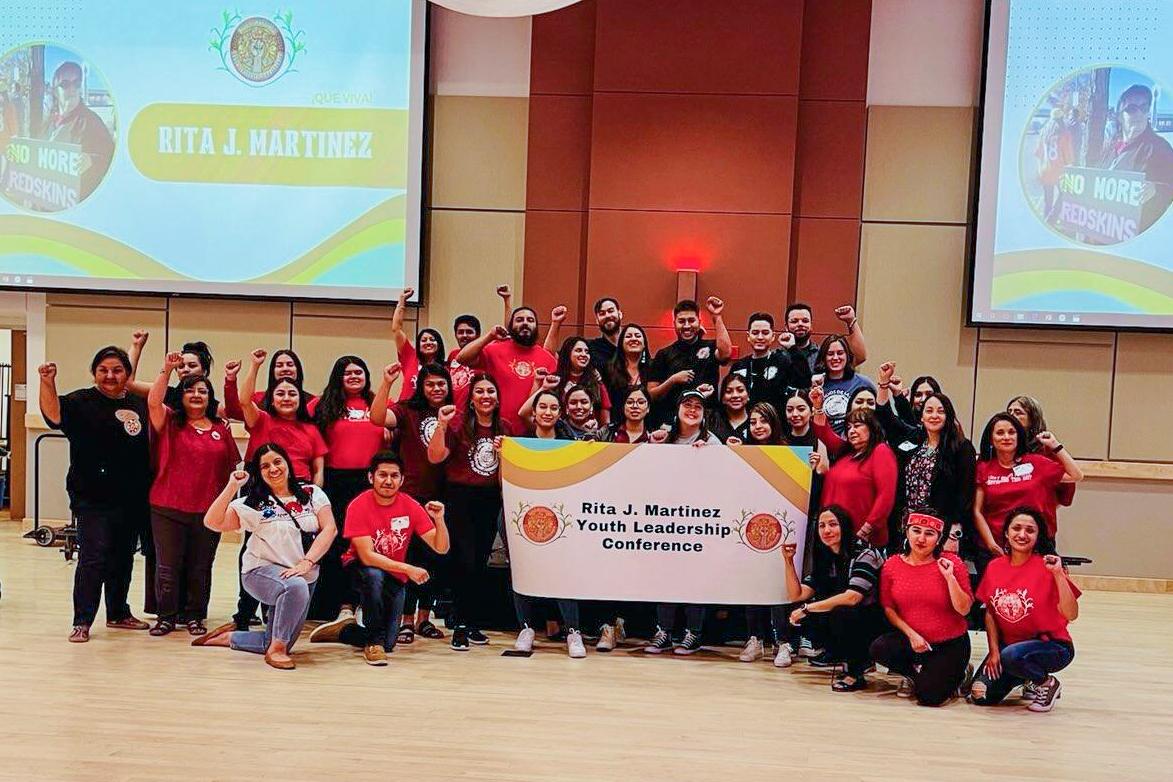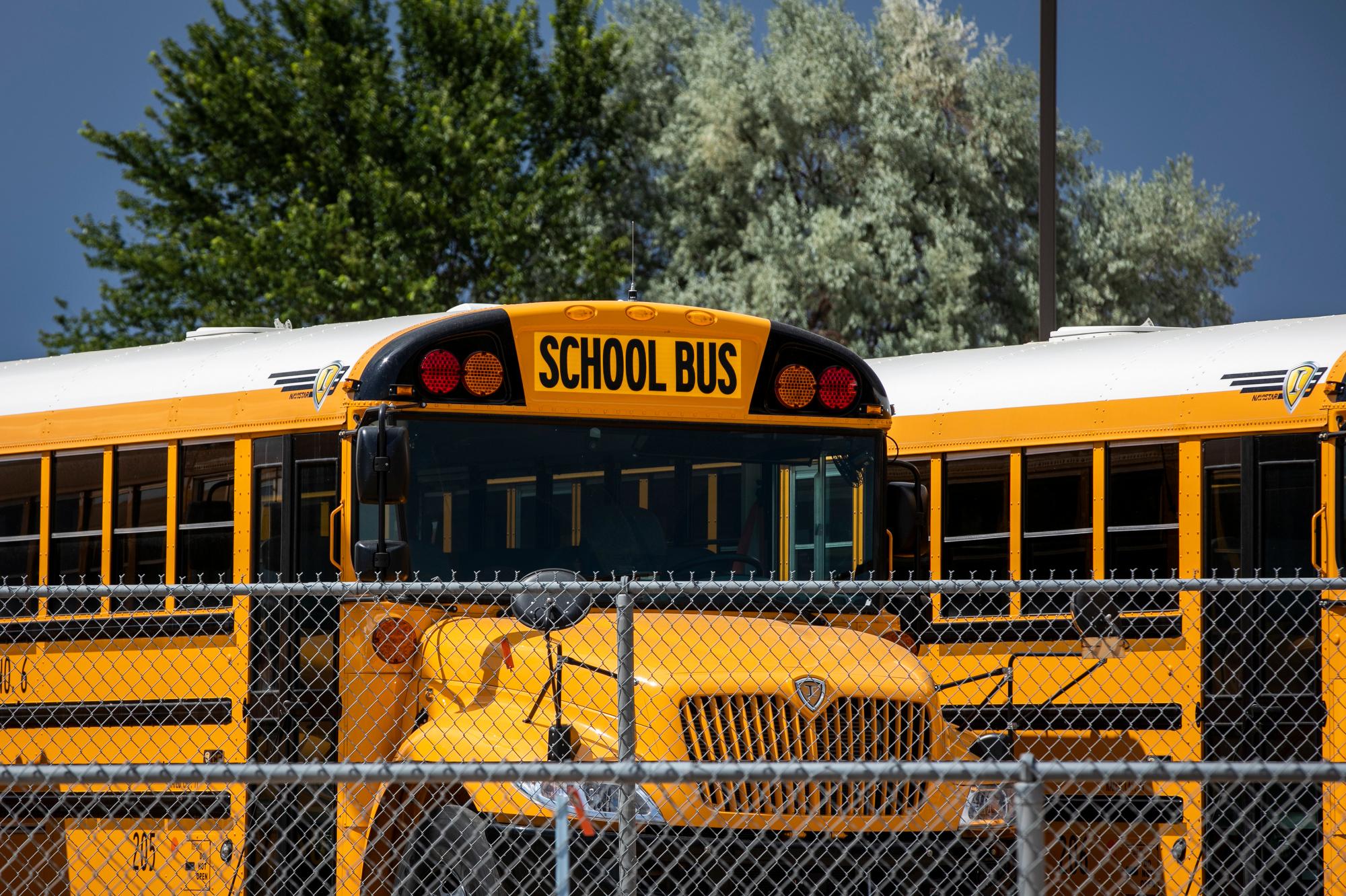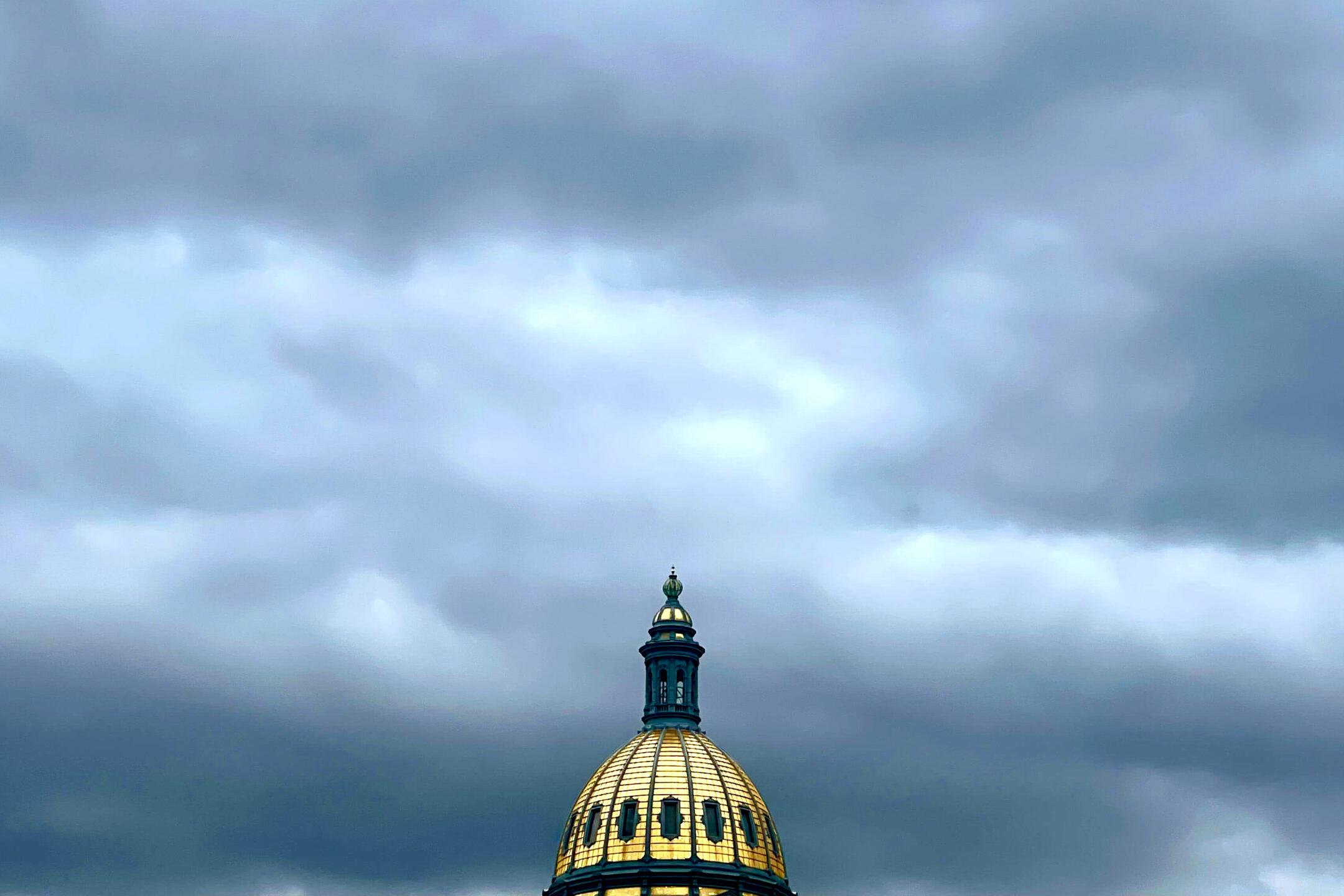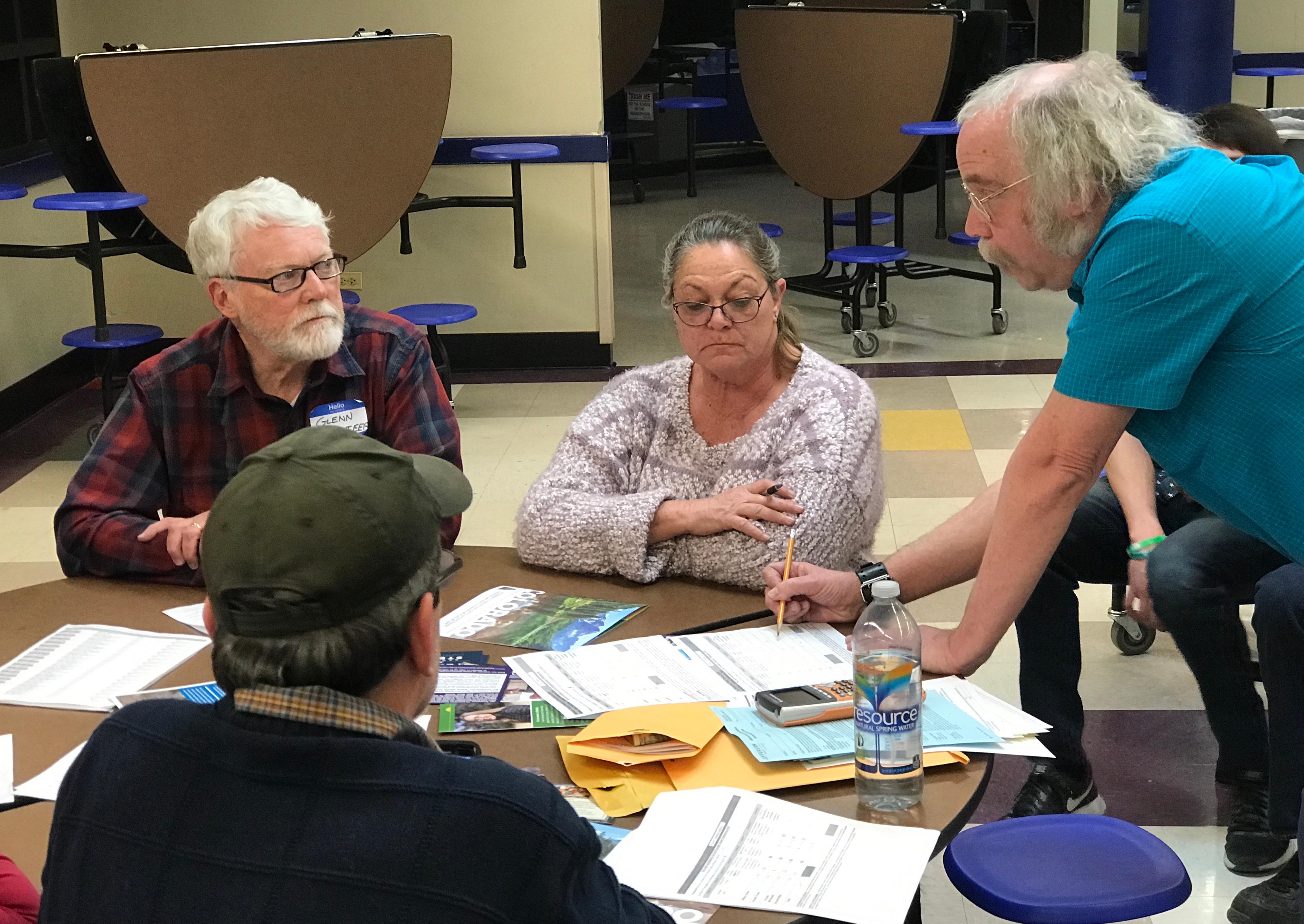

Lukas O’Byrne doesn’t usually vote. He feels like political candidates don’t represent him. But Tuesday night during precinct caucuses, there he was at Alameda High School’s auditorium, ready to take part in Democratic Party politics, encouraged to by a friend.
"Over the past year I've realized the consequences of not voting,” O’Byrne said. “And I feel like if I get involved when it's at an elementary stage, and I can watch it progress with my input and my decisions, maybe I'm more likely to want to vote."
Tuesday night's gatherings began the process for Democrats and Republicans alike of deciding which candidates will represent their parties in a variety races in November -- perhaps most importantly the governor's contest as incumbent John Hickenlooper, a Democrat, prepares to step down.
But there was more party business at stake than that. Precinct caucuses decide who gets to go on to county, congressional and, finally, state-level party conventions that will pick candidates for attorney general, state treasurer, Congress and other lower offices. Caucus-goers also weighed in on potential planks in the party platforms.
That level of involvement generally draws the party faithful. Historically that has tended to mean candidates at the far end of each party -- more liberal Democrats, more conservative Republicans -- come out ahead. All in all there are more than 3,000 precincts in Colorado.
But the process is far from uniform. Democrats used the caucuses as an opportunity to take a straw poll in the governor's race. Republicans did not hold a statewide preference poll, preferring to leave such tallies up to individual precincts.
O’Byrne said he plans to vote for U.S. Rep. Jared Polis for governor because Polis is part of the LGBTQ community.
“I feel like we need more representation” O’Byrne said. “I just feel like having someone like him in office might balance out that equality that we need. And deal with some of these issues, at, like, an in-your-face level. Because he's there and you can't hide when somebody is your governor and gay.”
While statewide Democratic straw poll results won’t be available until sometime Wednesday, most hands at Alameda High seemed to be in the air for former State Treasurer Cary Kennedy-- not Polis or State Sen. Mike Johnston, both considered favorites in the running.
Virginia Lindemann, Henry Roman and their two daughters were there to show support for Kennedy. Both Lindemann and Roman agree that her backing of education issues, like Amendment 23 -- which attempted to guarantee adequate funding for Colorado schools -- makes her their top candidate.
"I'm also really excited about a female,” Lindemann added. “I think we are in an era right now where we need more female leaders." Lindemann and Roman say they’ve caucused many times before, and they bring their daughters to show them that democracy is a process.
First-timer Pamela Ringstrom moved from New York where there isn’t a caucus, and she felt the opportunity let her hear more about local issues. But as an introvert, she says the process was somewhat terrifying.
"I had to meet strangers, and talk to them and debate politics with people I don't know,” Ringstrom says. “And I had to speak up and defend the things I feel are important and that was a very uncomfortable feeling."
She was there to show support for Sen. Johnston, who she first heard about when he spoke at a rally in support of the Affordable Care Act.
"As a person who has insurance through the Affordable Care Act, that is a hugely important issue to me," Ringstrom said. It’s hard for her to “pick a horse” right now because it’s not clear to her who all the Democrats are, "but I think that the talent and the experience even in the candidates is really impressive. So I don't think we can go wrong here."
In El Paso County, Republicans Find A Changed Field
If the gathering at the 449th precinct in El Paso County was any indication, GOP candidates for the governor’s race may have to work a bit harder to get their names on the lips of the party faithful. Just five people showed up to select delegates at Falcon High School in Peyton, northeast of Colorado Springs.

Wanda Jean Little, a retired social worker, attended her first ever caucus, and was selected as a county delegate. In fact, at this particular caucus, delegates could only be mustered for county-wide races; no one attending was interested in going to the state convention.
“Obviously I’m opposed to our governor, I don’t care for him, but he’s not running again,” Little said. “So, I haven’t made a decision on which governor [candidate] on the Republican side that I’m going to support, I’m still looking at all of their literature and I met a couple of them.”
It wasn’t just ambivalence on the candidates that kept these caucus-goers from seeking to attend state or congressional district assemblies. Roy Alison, a retired veteran, balks at the time commitment. “I’ve got three great grandsons, and they’re taking up a lot of my time,” he said.
Most in attendance seemed to be more concerned with local races: state lawmakers and the sheriff, among others. The highest level office that warranted some discussion was the 5th congressional district seat, where conservative incumbent Doug Lamborn faces two challengers from his own party.
“I spoke with Darryl Glenn, he’s retired Air Force,” said Tamara Dagenais, a retired veteran herself who stood up to speak when the caucus discussion turned to the congressional seat. Glenn, who ran for Michael Bennet’s Senate seat last year, is one of the Republicans running against incumbent Lamborn. “He promised me that he would back the president a hundred percent.”
Dagenais later added that her chosen candidate for El Paso County Sheriff made her a similar pledge. She declined to weigh in on other races, including the governor’s race.
“This is actually the first time I’ve ever presided over a caucus at all,” said Carrie Geitner, precinct leader for 449. Her husband, Tim, is running for a state House seat. Both were elected to be county delegates. Carrie says her last caucus, during the 2016 presidential election, had about 40 participants, before the it was broken up. “Of course we always try to encourage more participation, but it is always difficult. Busy family lives, and those things.”
Other Avenues To Contend With
The caucuses aren’t the only way candidates can get on the ballot. They can petition, as well. For statewide offices, that means collecting 10,500 signatures across Colorado, equally spread among the congressional districts -- a time consuming and expensive endeavor. This year, most leading candidates are opting to go both routes, caucus and petition, simultaneously.
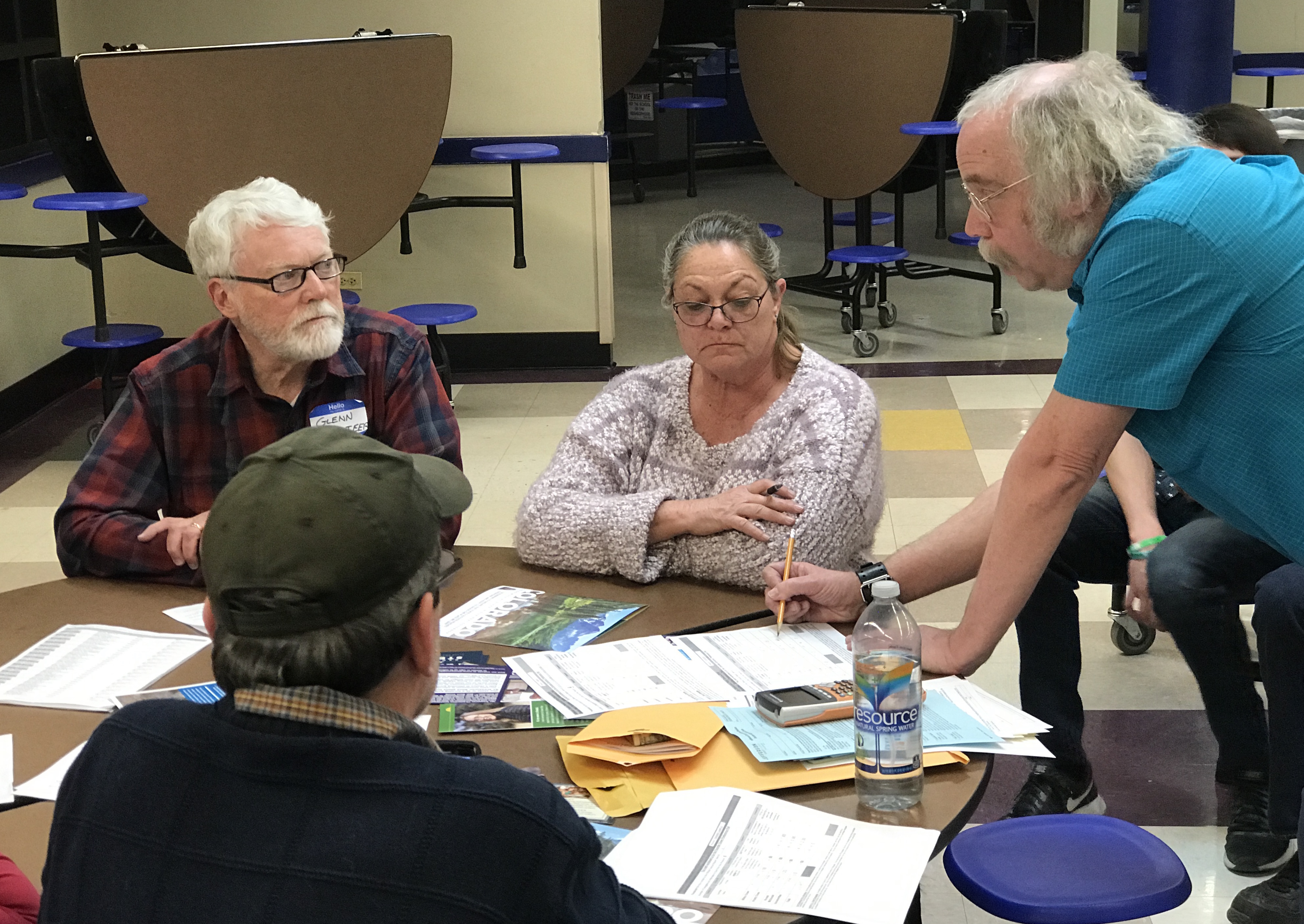
On the Democratic side, former state Senator Michael Johnston has already submitted his petitions. Congressman Jared Polis, Lt. Gov. Donna Lynne, and businessman Noel Ginsberg are still collecting signatures. Former state Treasurer Cary Kennedy and a handful of lesser known candidates are skipping the petition route and relying solely on winning enough support at the state assembly in April. For them, getting backers to show up at Tuesday's precinct caucuses, and to put themselves forward as delegates, was crucial.
The same is true for Attorney General Cynthia Coffman and a several other GOP candidates, any of whom will need to secure 30-percent or more of the delegates at the Republican state convention to make the primary ballot.
Among the rest of the Republican field, state Treasurer Walker Stapleton was the first to turn in his petitions. Retired investment banker Doug Robinson got his in Monday. Entrepreneur Victor Mitchell is also going the petition route.
Every route to the ballot comes with uncertainty. Just turning in petitions doesn’t guarantee a candidate a spot. A voter’s signature can only count once. So if the same person signs several candidates’ petitions, their support goes to the first candidate to get their petitions in. The upshot is, candidates who take too long to submit petitions run a real risk ending up without enough valid signatures.
CPR's Michael Elizabeth Sakas, Ann Marie Awad, Hart Van Denburg and Megan Verlee contributed to this report.
